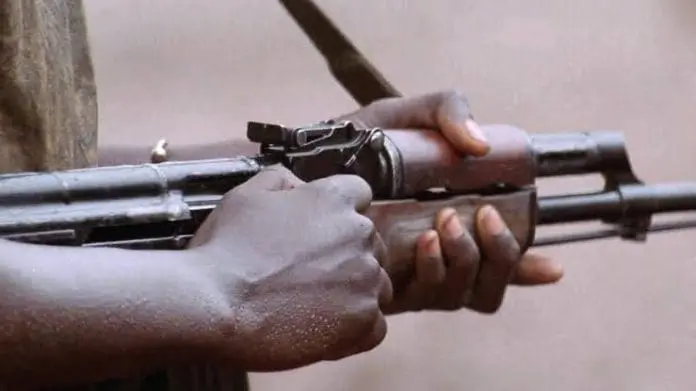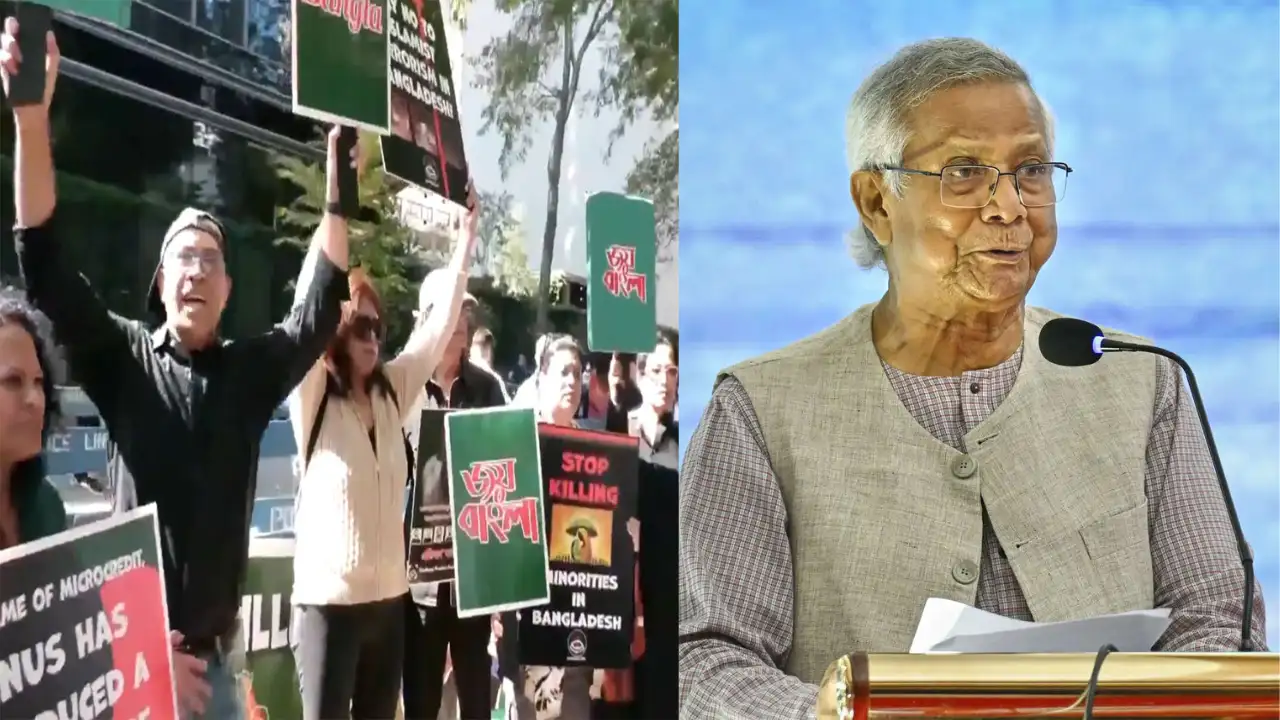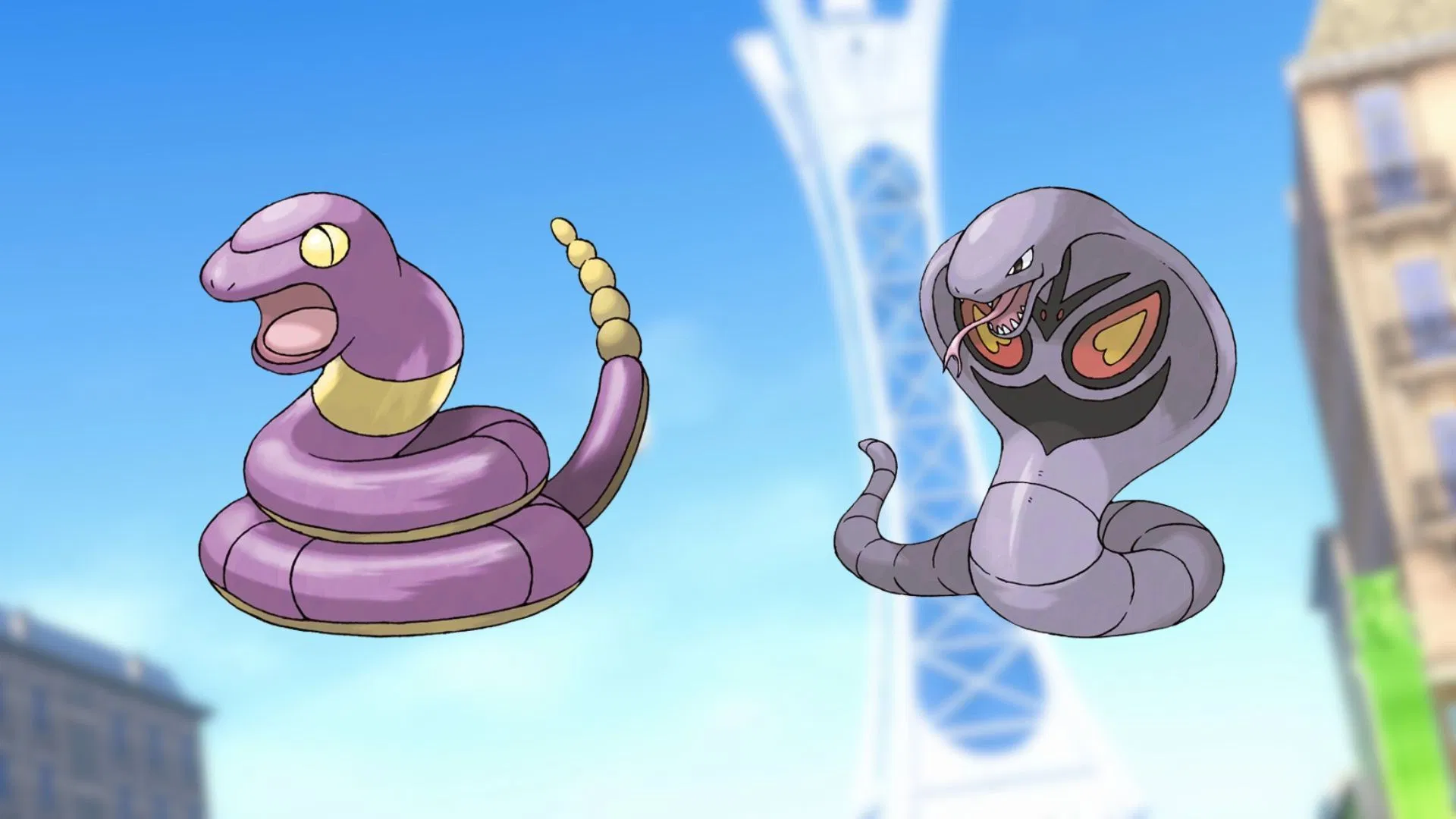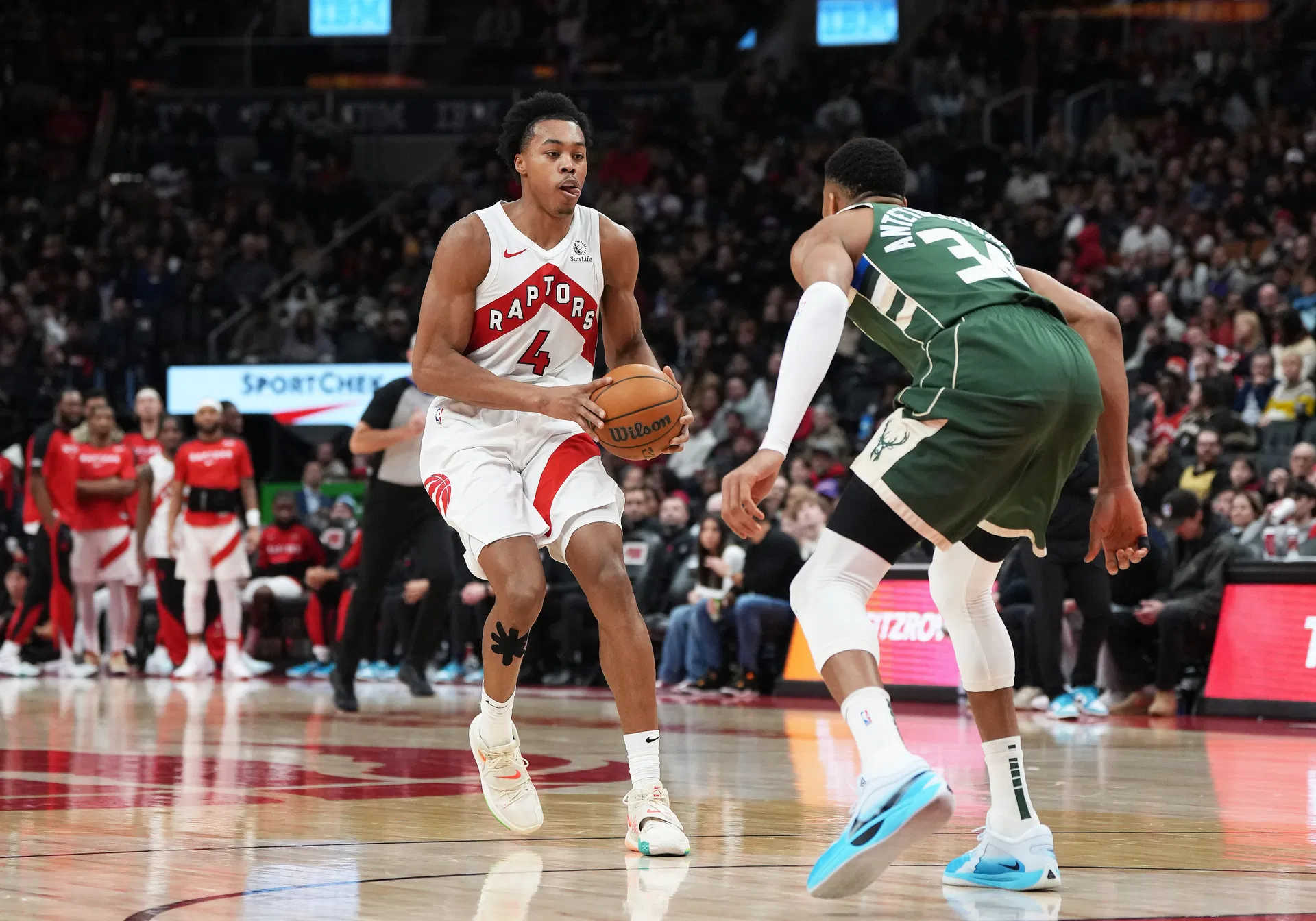Copyright ghananewss

A celebration meant to unite a community in thanksgiving and renewal ended in bloodshed Wednesday when rival chiefs clashed over who held authority to perform sacred rites at the Odwira Festival in Ahwerease, leaving one person dead and four others nursing gunshot wounds. The violence erupted on October 22 during traditional ceremonies to lift the ban on drumming and noise-making, a ritual that officially begins the annual festival in the Akuapem South Municipality of the Eastern Region. Police have arrested 34 suspects in connection with the shooting and are holding them at Aburi Police Station as investigations continue. The confrontation broke out between the Abokomahene of the Asona Family, Nana Semenhyia Asakrofa, and the Abimuhene of Ahwerease over who possessed the legitimate authority to perform the sacred ritual. What should have been a moment of spiritual significance instead became a battleground as tensions that apparently had been simmering beneath the surface boiled over into open conflict. The disagreement escalated quickly when some young men opened fire on the crowd, injuring four people. One victim later succumbed to injuries, though police have not released names of either the deceased or the wounded. Officers responding to the scene recovered a pump-action gun and a pistol, weapons that now form crucial evidence in what has become a homicide investigation. Eastern Regional Police Public Relations Officer, Superintendent Ebenezer Tetteh, confirmed that the retrieved weapons would be subjected to forensic examination as part of the investigation. Speaking to Citi News, he warned that anyone found culpable will face the full rigours of the law to serve as a deterrent to others. The incident exposes deep fissures within Ahwerease’s traditional authority structure. Chieftaincy disputes across Ghana frequently center on questions of legitimacy and ritual authority, with competing claims sometimes rooted in decades or even centuries of contested history. When such disputes involve ceremonial powers like performing festival rites, they touch not just political authority but spiritual legitimacy, making them particularly combustible. The Odwira Festival, celebrated annually by communities including Akropong-Akuapim, Aburi, Larteh, and Mamfe every September and October, holds profound significance for the Akuapem people. The term “Odwira” translates to “purification” and symbolises the spiritual cleansing and renewal of both the community and the ancestral stools of chiefs for the new year. Held at the end of the harvest season, the festival is a time to thank God and the ancestors, particularly for the successful yield of new yams. That a dispute during such sacred proceedings could turn deadly speaks to how seriously traditional authorities and their supporters take questions of ceremonial precedence. The lifting of the drumming ban marks the official commencement of festivities meant to unite communities in gratitude and spiritual renewal. Instead, Ahwerease residents witnessed violence that fundamentally contradicts everything the festival represents. Superintendent Tetteh assured that police have intensified patrols in and around Ahwerease to maintain peace throughout and after the Odwira Festival. That heightened security presence reflects concerns that the violence could reignite as festival activities continue or as supporters of the rival chiefs press their competing claims. The 34 arrests suggest police moved aggressively to round up anyone potentially involved in or witnesses to the shooting. Whether all 34 face charges or some are merely assisting with investigations remains unclear. The number indicates either a substantial crowd witnessed the violence or authorities are casting a wide net to ensure they capture everyone connected to the incident. Questions will inevitably arise about how organizers allowed a dispute to escalate to gunfire at a public festival. Traditional festivals in Ghana typically involve extensive planning and coordination among various chiefs and family heads. That this confrontation apparently caught organizers by surprise suggests either poor communication beforehand or deeply entrenched positions that made compromise impossible. For communities across the Akuapem area watching developments, the incident serves as a sobering reminder that even centuries-old traditions meant to promote unity can become flashpoints when underlying disputes go unresolved. Other towns preparing for their own Odwira celebrations may now reassess security arrangements and work harder to resolve any simmering chieftaincy tensions before they explode during sacred ceremonies. The four survivors continue receiving treatment, though authorities have not disclosed the severity of their injuries or which medical facilities are providing care. Families of victims must now grapple with trauma inflicted during what should have been a joyous community celebration, their physical wounds mirroring deeper injuries to social cohesion. As investigators work to establish exactly who fired the shots and on whose authority, the broader question facing Ahwerease is how to heal rifts that produced such violence. Traditional conflict resolution mechanisms exist within Ghanaian customary systems, but whether competing factions can find common ground after one person lies dead remains uncertain. The Odwira Festival’s core meaning of purification and renewal may ultimately prove more urgent this year than anyone imagined, though not in ways the community would have chosen.



